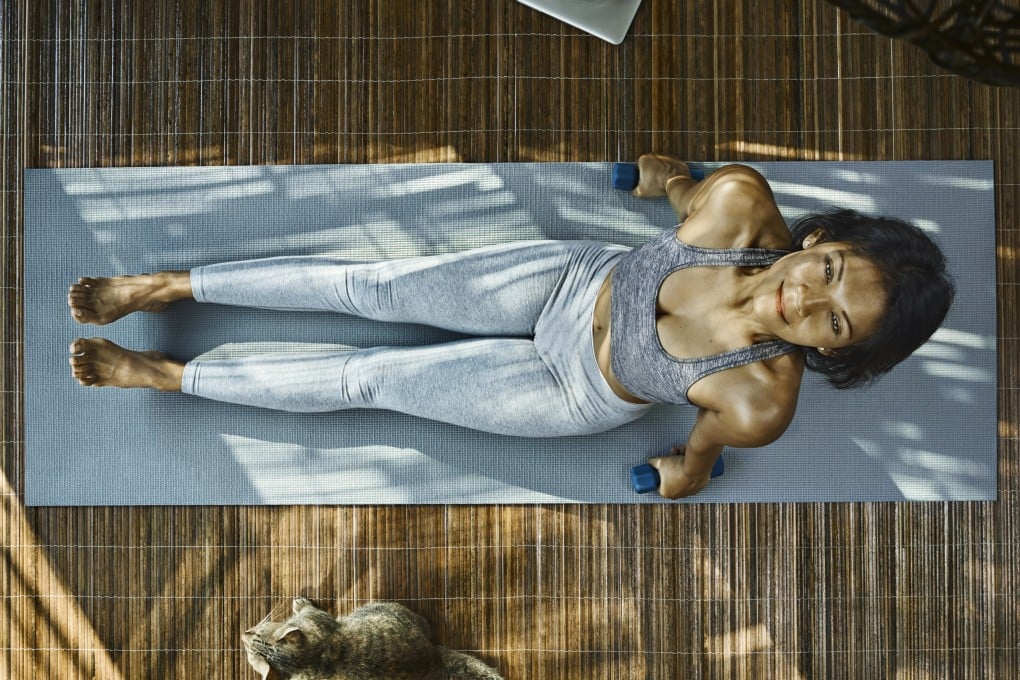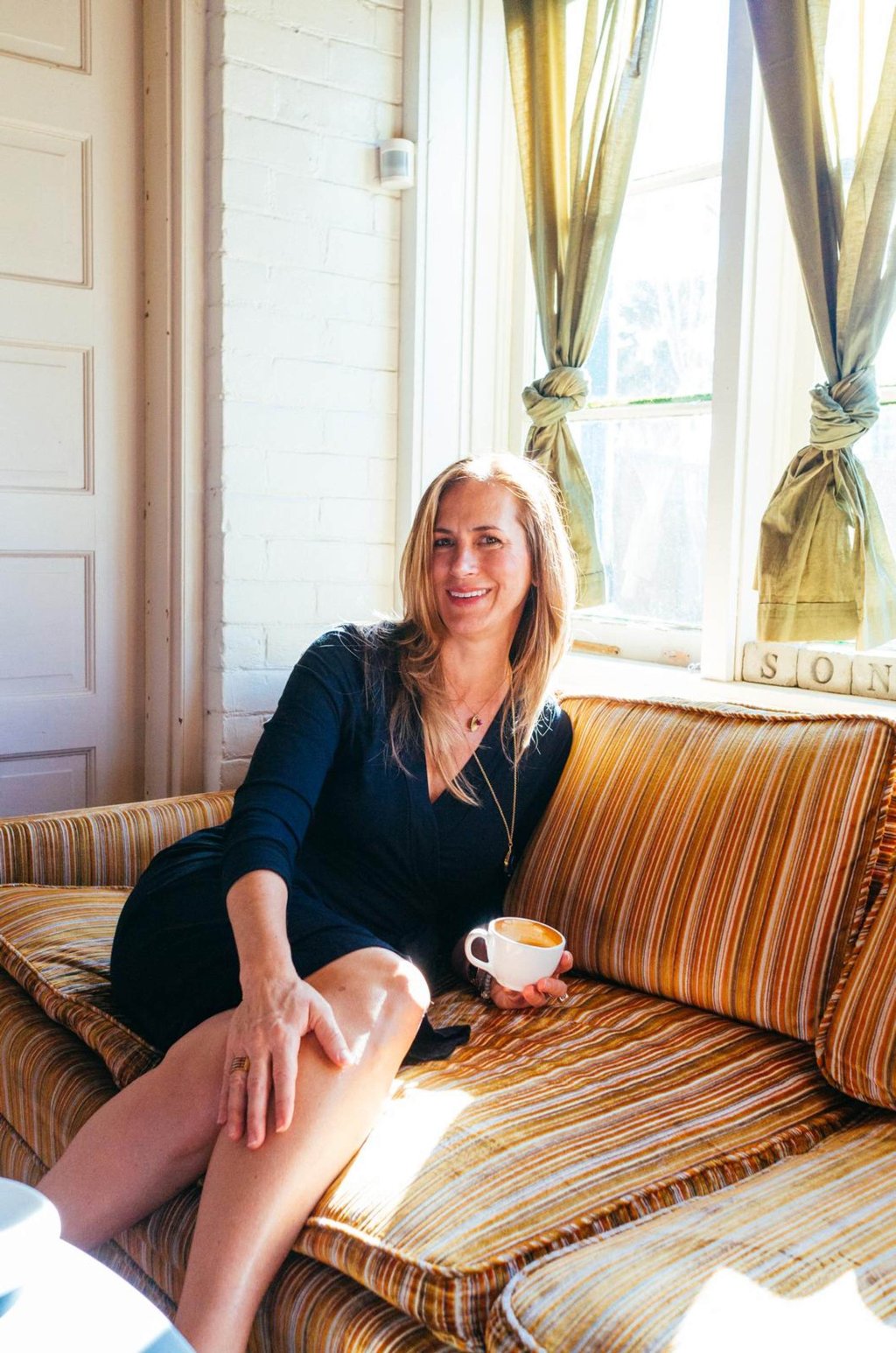Advertisement
Can you slow down ageing? 4 women who believe they can share their top tips for turning back the clock
- Dr Mindy Pelz, Dr Alka Patel and JJ Virgin – three popular influencers – outline 10 simple ways to extend longevity, from strength training to fasting
- A woman who has slowed her rate of ageing by about a third, beating biohacker Bryan Johnson at his own game with little money or effort, also shares her secrets
Reading Time:5 minutes
Why you can trust SCMP

You can reverse your biological clock with a few small lifestyle changes, and you do not need to spend millions of dollars on the craze to try to live forever. Julie Gibson Clark is living proof of this.
Advertisement
The 55-year-old American recently made headlines for her score in an online longevity competition called the Rejuvenation Olympics.
Gibson Clark, who lives in the US state of Arizona, has the second-largest age reversal on the leaderboard, which ranks ageing biologically – how “old” your cells and tissues are – versus the number of years that you have lived.
Her score of 0.65 years per year means she is ageing around two-thirds of a year for every chronological year – and is higher than the score of multimillionaire biohacker Bryan Johnson, who started the competition.

Her secret? She regularly fasts around two days a month, or does fast-mimicking – eating small amounts of pure fat, such as an avocado or two, daily.
Advertisement
She eats a predominantly plant-based diet that has lots of protein, although, with a teenage son, she cooks “normal” dinners and indulges in potato chips or ice cream every now and then.

Advertisement